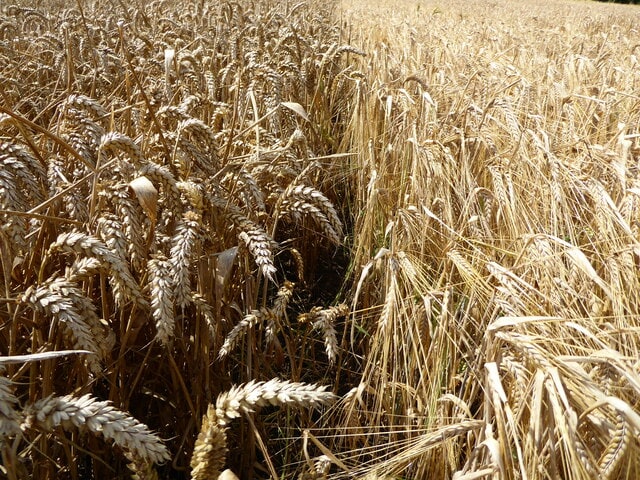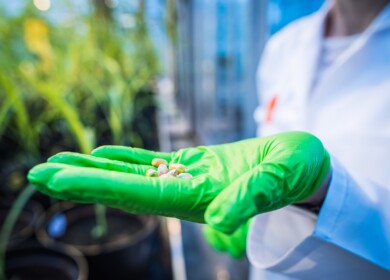Gene-edited crops set for groundbreaking European trials

Rothamsted Research, one of the world’s oldest agricultural research institutions, will participate in the first UK and European trials of gene-edited crops conducted on conventional farms. Founded in 1843 and previously known as the Rothamsted Experimental Station and the Institute of Arable Crops Research, Rothamsted will be involved in farmer-led trials aimed at evaluating gene-edited traits under various field conditions. The trials aim to gather practical insights and produce sufficient grain for testing in real-world food production systems.
The trials, known as PROBITY (Platform to Rate Organisms Bred for Improved Traits and Yield), are organized by the British On-Farm Innovation Network (BOFIN) in collaboration with Rothamsted, the John Innes Centre, University of Nottingham, UK Agri-Tech Centre, Newby Partnerships Ltd, Elsoms Seeds, Dyson Farming, Cereal Partners Worldwide, Nestec York Ltd, First Milk, and Aberystwyth University. Up to 25 farms may be involved.
Opportunities and Challenges
The gene-edited crops under trial include a barley variety modified to increase lipid content in the leaves, potentially from 2% to 4% of dry weight. This modification is intended to reduce methane emissions when the barley is used as cattle feed, a potential environmental benefit. Another crop, a wheat variety edited to lower asparagine levels, aims to reduce acrylamide formation during cooking. This modification could address health concerns and help food manufacturers comply with anticipated EU regulations.
However, there are notable challenges associated with the project. Professor Nigel Halford of Rothamsted highlighted that while the research is promising, managing expectations regarding the commercial availability of gene-edited foods is crucial. He noted that it may take several years for these products to become widely available due to pending secondary legislation for the Precision Breeding Act, which is expected to be introduced to Parliament later this year. Additionally, the Act’s applicability to England only, rather than the entire UK, could present challenges for breeders.
The initial trials are on a limited scale, and the project partners will need to produce sufficient seed for broader trials during the 2025-26 growing season. The trials will assess how the gene-edited crops perform under different weather conditions, soil types, and pest pressures, providing critical data for future development.
Future Prospects
The PROBITY trials represent a significant effort to understand the practical applications of gene editing in agriculture. The outcomes will provide valuable insights into the viability of gene-edited crops and their impact on food production and environmental sustainability. The project’s findings could influence future agricultural practices and regulatory approaches, offering a comprehensive view of the potential benefits and limitations of this technology.
Enjoyed this story?
Every Monday, our subscribers get their hands on a digest of the most trending agriculture news. You can join them too!











Discussion1 comments